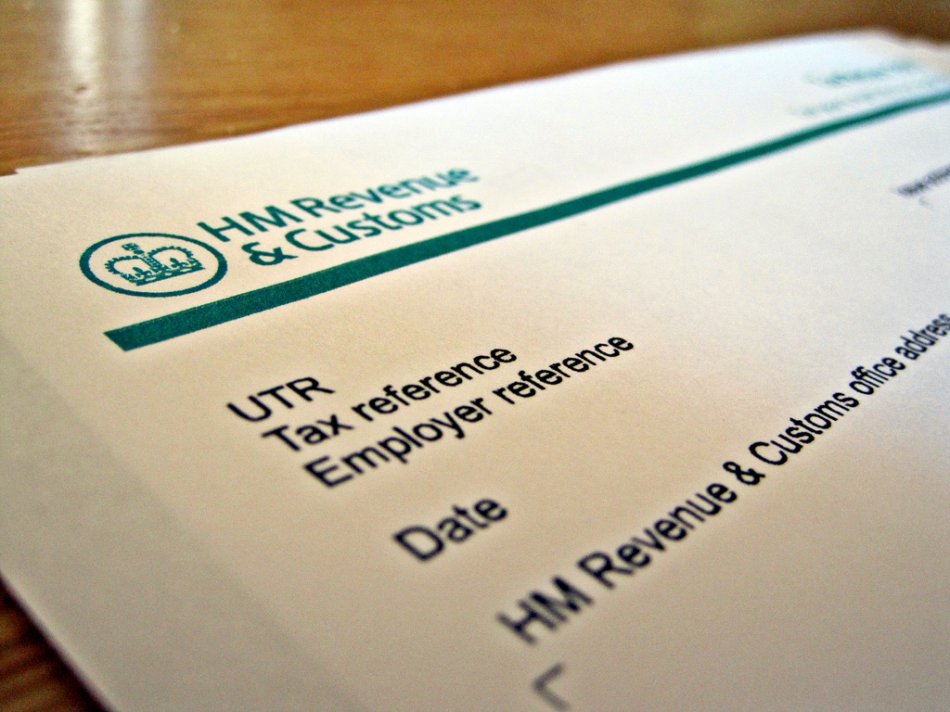
If you work as a contractor, you might be wondering if it will even be possible to get a mortgage, when on a temporary contract. Since the end of the self-certification mortgage, it has become harder for self-employed people to get on the property ladder.
In many situations, the owner of a limited company will have a harder time proving their eligibility for a mortgage than the people they employ.
If you work as a contractor and are dreaming of owning your own home or want to remortgage an existing property, read on to find out how this will work for you.
How much can I borrow?
All lending decisions are made based on your past earnings. In most cases, you can borrow around 5 times your annual income. When you are a worker with a permanent contract, you can multiply your salary by 5. However, your income might be very irregular when you’re a contractor.
Some lenders will ask to see at least 9 months of account, but others may ask for 2-3 years of accounts. If you’ve only recently started your contracting business, this can significantly impact your earnings. Think back to your first year of trading – was your total income anything like it was by the second or third year?
In some cases, it can be beneficial to wait until you have more trading history before making an application or you could be left short.
What accounts do I need?
If you are a contractor trading as a limited company, your accountant must prepare your accounts for the mortgage application. Since many contractors take dividends from their company instead of a more regular pay cheque, you need to find a mortgage provider who can understand this key difference.
Rather than looking month to month, most mortgage providers will look at annual earnings. Since most contractors have variable earnings, they might take an average of the last two years as their final amount.
For example, if you earned £39,000 one year and £41,000 the following year, they consider this an average of £40,000 yearly. However, if there is a significant difference, they might take the lesser year as the basis of their calculations.
For example, if you earn £55,000 one year and this falls to £35,000 the next, they might take the £35,000 as your annual earnings.
Boost your deposit
Any mortgage application will be looked on more favourably if you have a larger deposit. Lenders will see you as less of a risk if you can increase your deposit. You can either increase your deposit by waiting to submit your application and saving more money or setting your sights on a cheaper property.
You might have to make some compromises on things like location or finish. If it means you can get on the property ladder sooner, this might be a worthwhile compromise.
Show future earning potential.
One way to make your application more attractive to lenders is to show evidence of future earning potential. If you can show future contracts or retainer agreements for work, this can help make your application stronger.
Likewise, look to the past. If you can show past evidence of earnings in a similar full-time permanent contract, lenders will look favourably at this. This is particularly important in cases where you have changed your employment status to start your own business.
If one mortgage provider rejects you, don’t assume that all lenders will treat you the same way. Every lender has different criteria, so don’t give up. Sometimes it’s just a case of finding the right lender.





 POSTED BY
POSTED BY 

